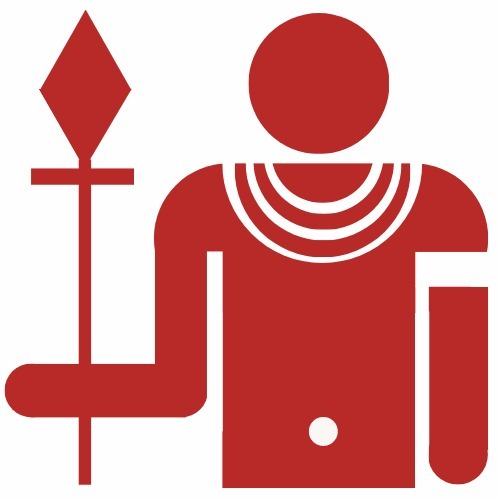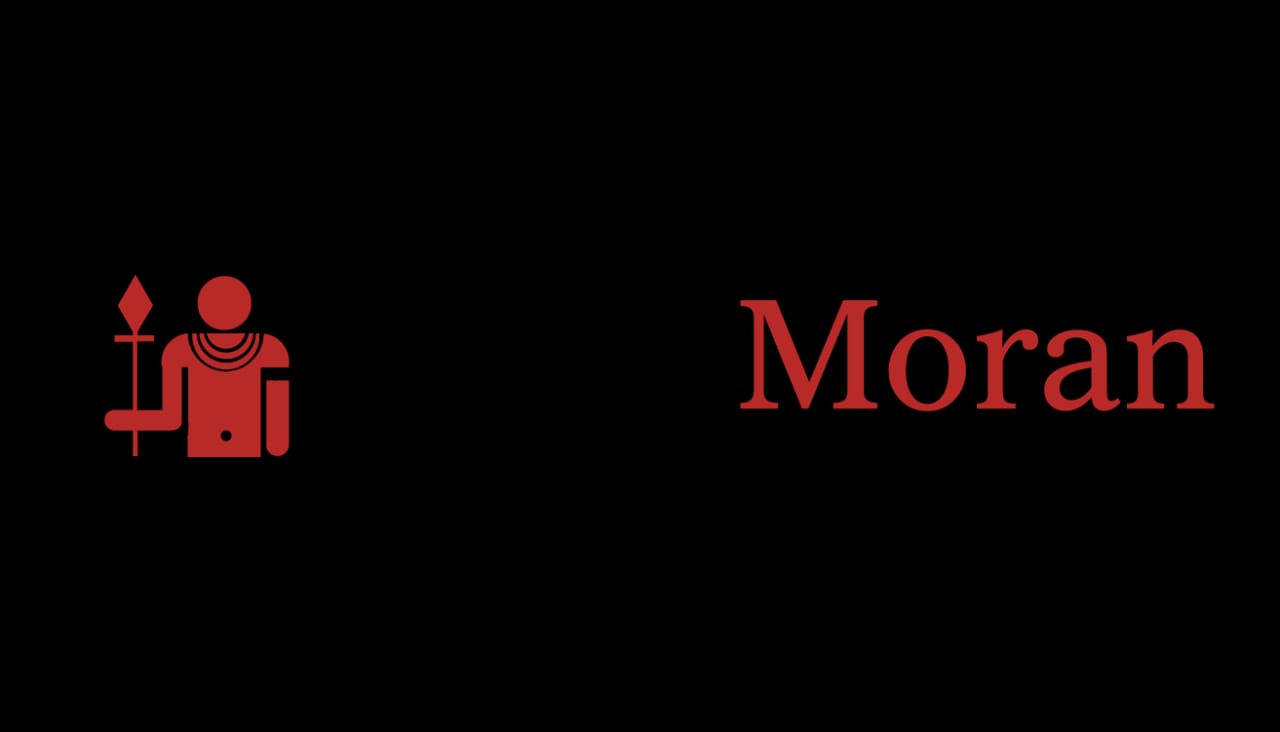Like many girls and women across the world, 16-year-old Joan is self-conscious about bleeding on her clothes during her period.
“I used to use cloths that I would cut from my old T-shirts to keep the blood from staining my dresses, but they were not enough and blood would still stain my clothes,” she told a local NGO that visited her school to teach her how to make reusable pads.
“Boys used to laugh at me and I eventually simply stayed home whenever my periods started.”
Joan isn’t the only one, in South Africa, 3 out of 10 girls miss a week of school every month, totaling 150 weeks during their school careers – due to not being able to afford menstruation management products such as sanitary pads when they have their periods. This results in young girls dropping out of school altogether, as they simply cannot catch up their schoolwork.
All over Africa, the story is the same, UNICEF estimates that over 100 million school girls miss school for the same reason every month.
Kgoshigadi was lauched in 2012 to address the issue of menstruation-related absenteeism in girls from low-income families in the Soshanguvhe township of South Africa.
Kgoshigadi, which means “Queen” in the South African language of sePedi, is a social enterprise that is providing women’s employment opportunities through the manufacture and sale of menstrual health and wellness products.
In 2016, thay implemented their social franchising solution. Their business-in-a-box plan is anchored in an all-empowering revenue generation model with the benefit of positive socio-economic and environmental impact.
It is a social enterprise that sets up mini-factories in overlooked communities and upskills local women in townships to manufacture and distribute affordable, bio-degradable sanitary pads.
Kgoshigadi enables these women to become business owners of their own social franchise, secure their own livelihoods and address menstruation-related absenteeism in high school girls. The business-in-a-box solution also hosts women’s health workshops, which are safe spaces for women to discuss issues affecting them and access information that is both reliable and factually accurate. Kgoshigadi’s products do not negatively impact the land quality of the communities it supports. The product is bio-degradable, thus also addressing the problem of menstrual waste management, given that it is estimated that a single woman will produce between 125kg-150kg of waste over her life time.
A single Kgoshigadi mini-factory employs 5 women full time, with an additional 15-20 women acting as distribution agents. Up to 5 000 women and girls in the surrounding communities of a Kgoshigadi mini-factory can supplied with an affordable and eco-friendly sanitary product.
As part of the franchise agreement, Kgoshigadi provides their employees with sanitary pad manufacturing machinery, raw materials, business and production skills training, marketing and brand support.
For more information click here.


